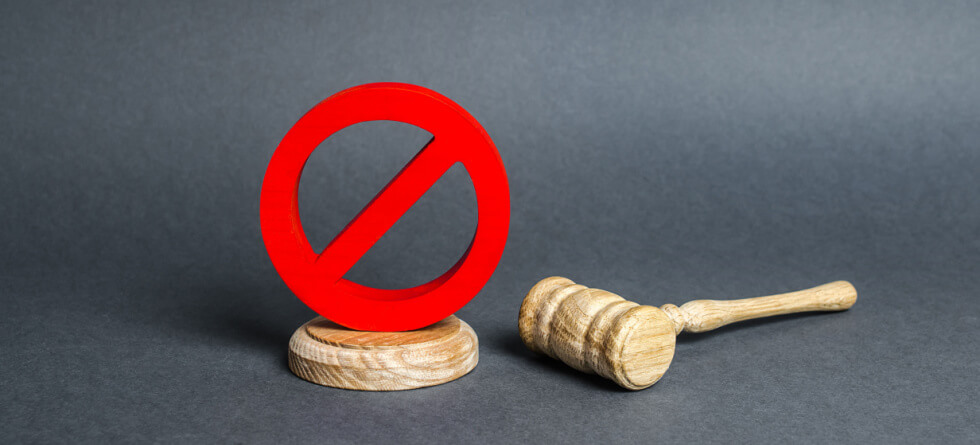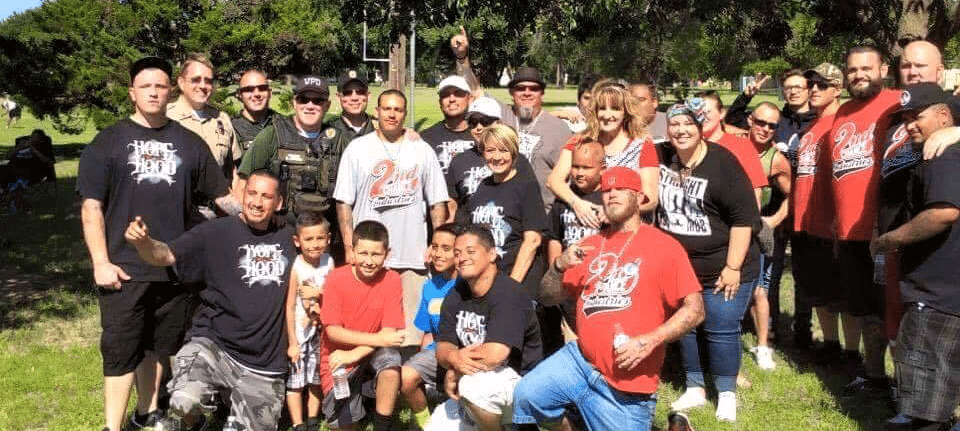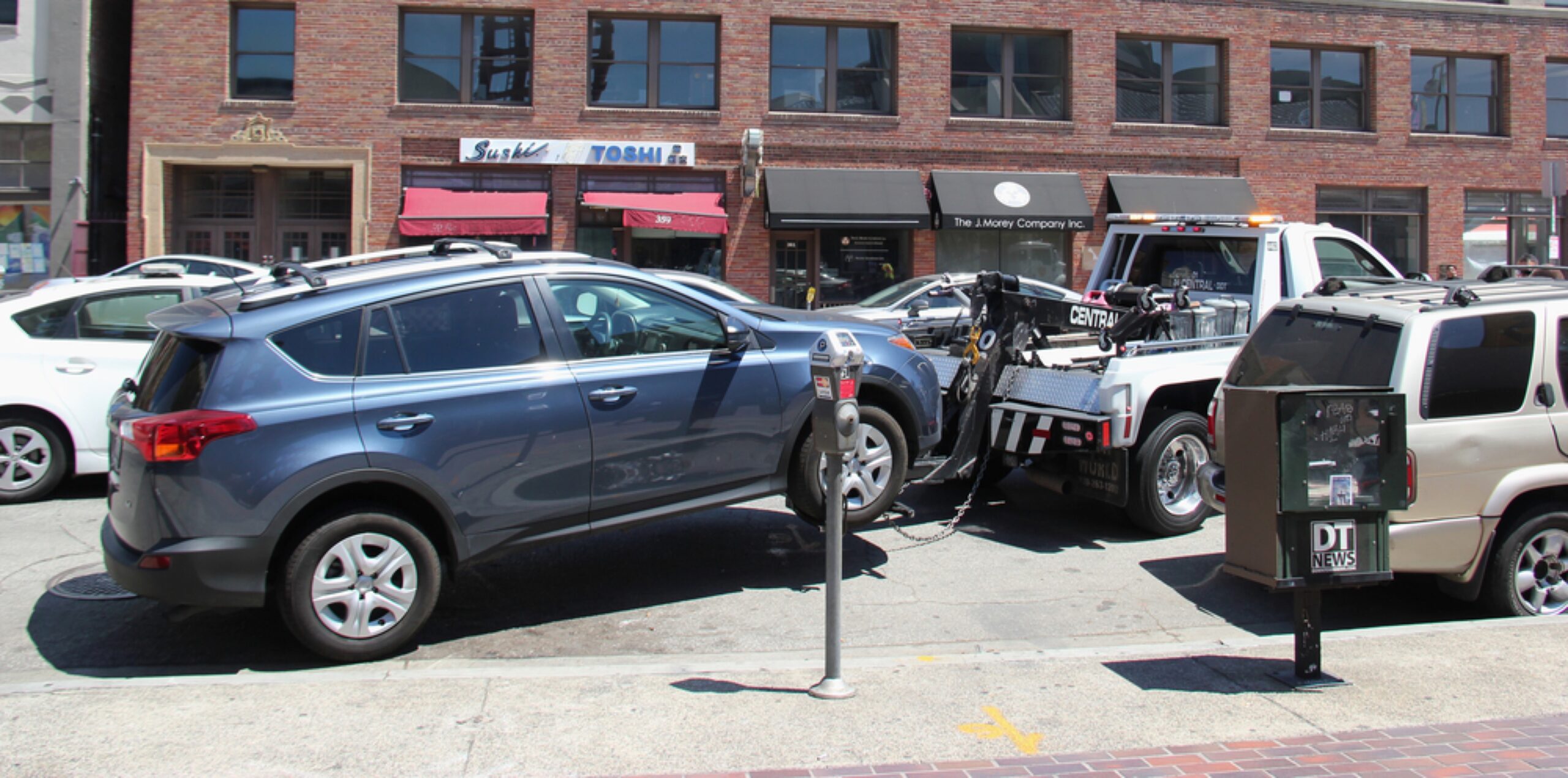Refused bail means that a judge or magistrate has determined that a defendant is not eligible for release from custody pending trial or other legal proceedings. This decision may be made for various reasons, including concerns about public safety, flight risk, or the severity of the charges against the defendant.
If a defendant is refused bail, they remain in custody until their trial or other legal proceedings are completed. In some cases, they may be able to appeal the decision to a higher court, but this is not always possible.
Being refused bail can have serious consequences for a defendant, including a prolonged period of incarceration, difficulty in preparing for their defense, and potential job loss or other hardships. Defendants need to work closely with their attorneys to understand their legal options and develop a strong defense strategy.
If you have been refused bail, it is important to seek the advice of an experienced criminal defense attorney who can help you understand your rights and options and develop a strategy to protect your interests throughout the legal process.





